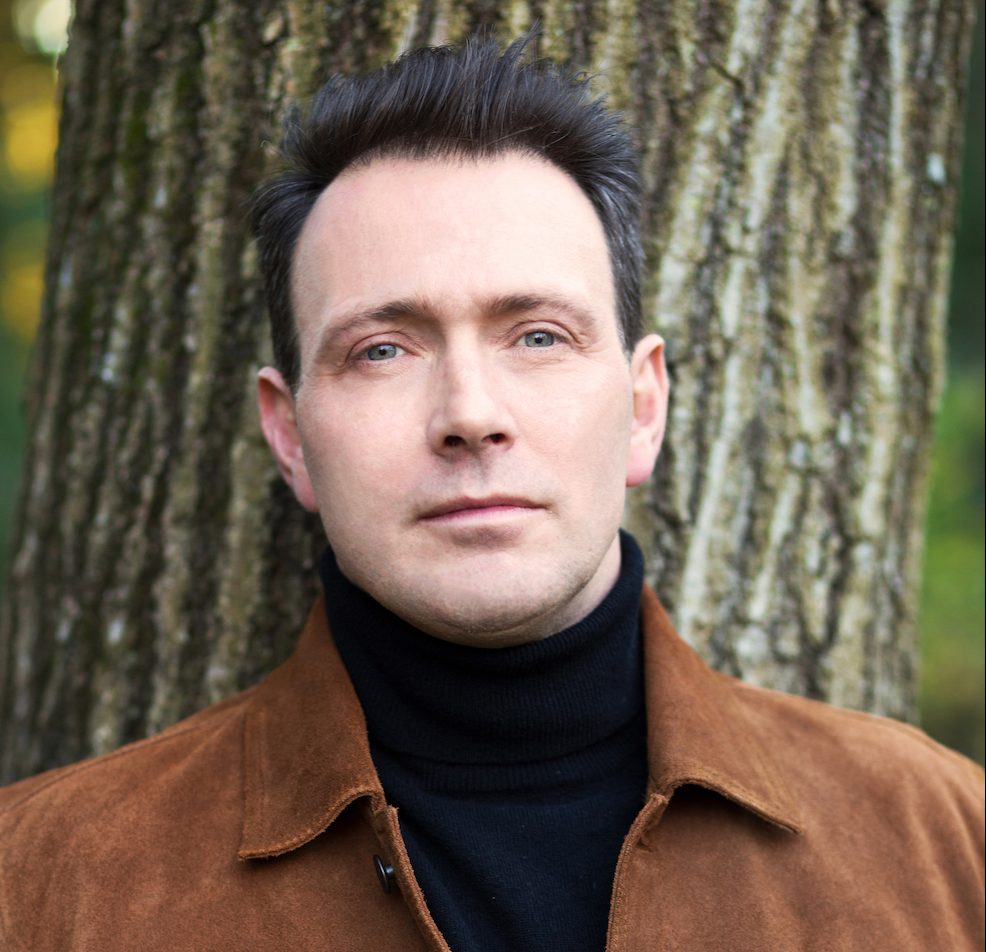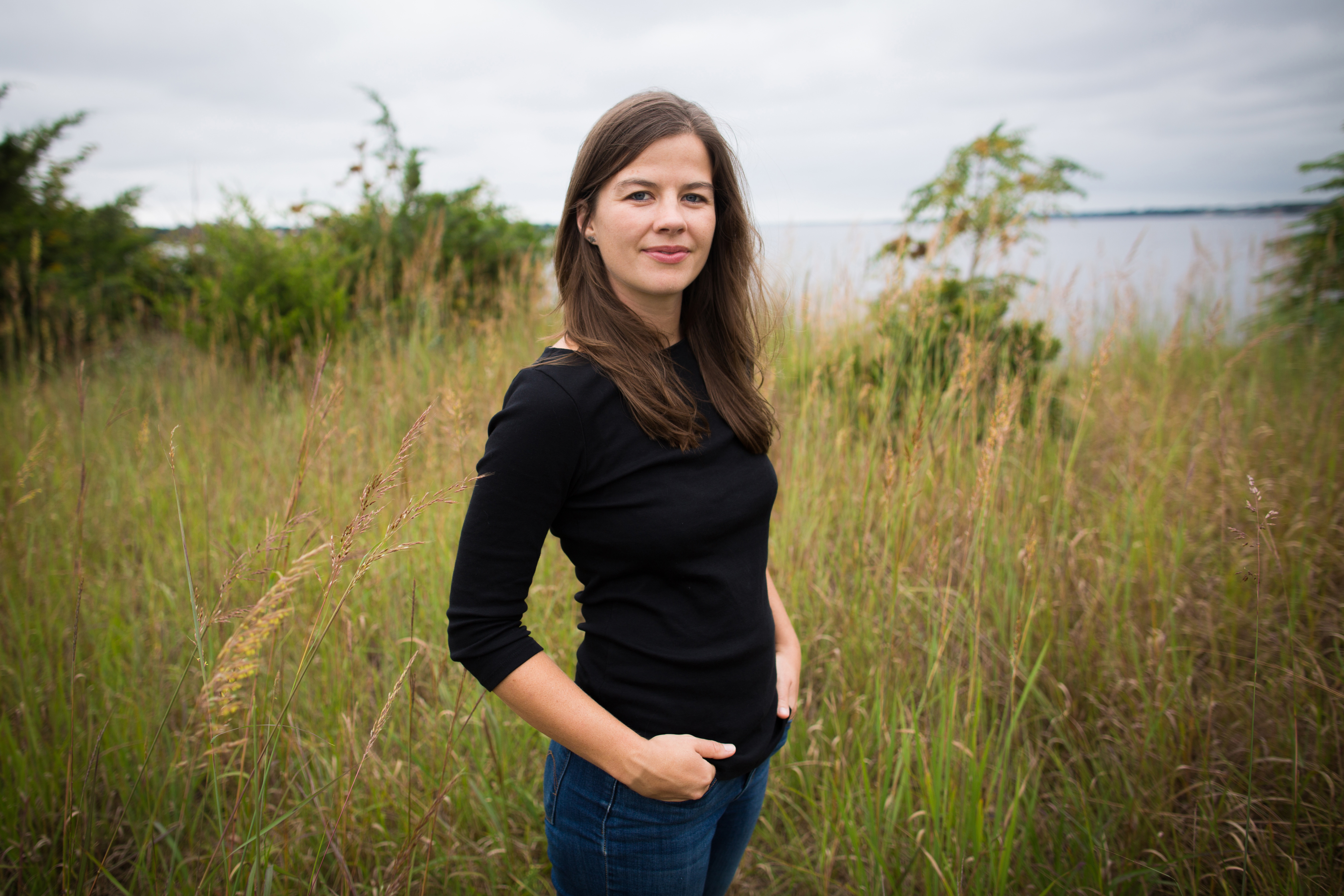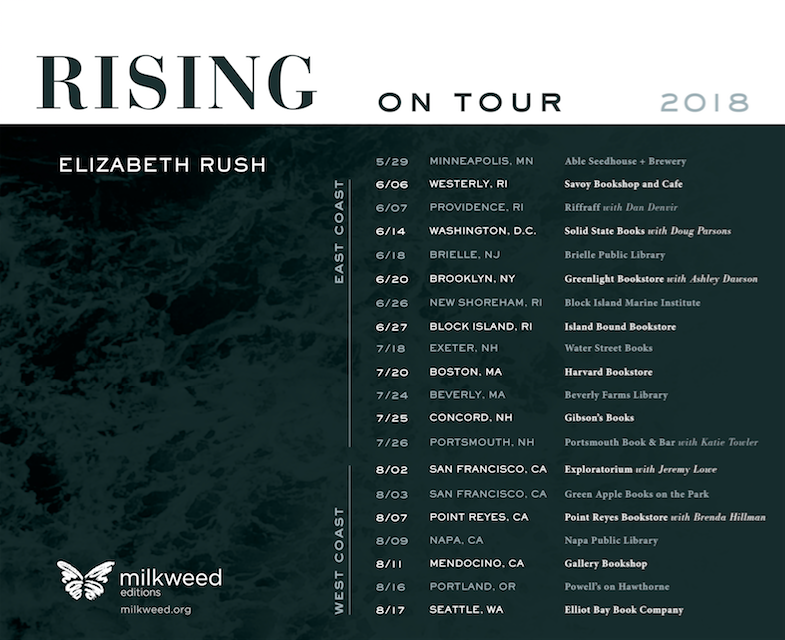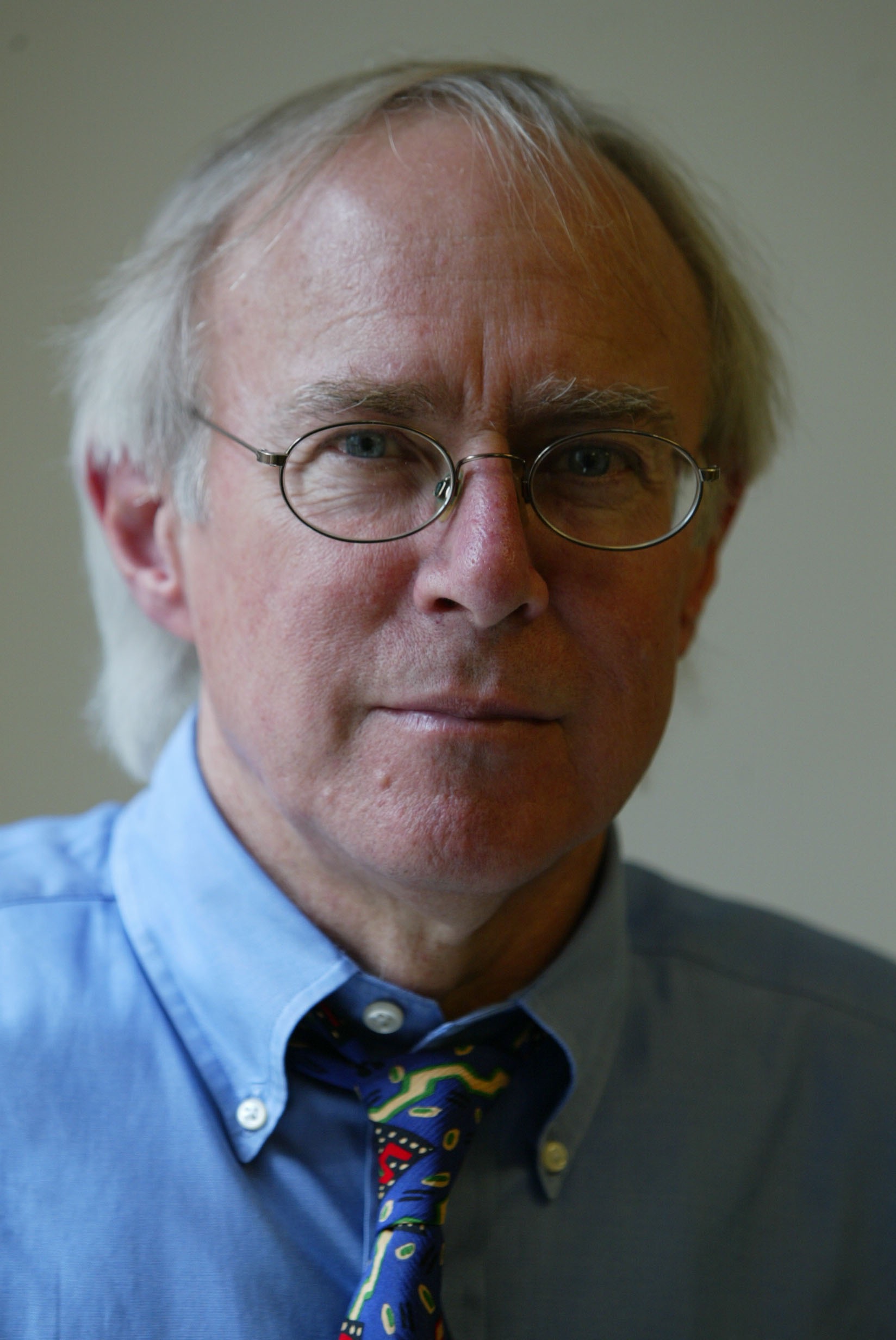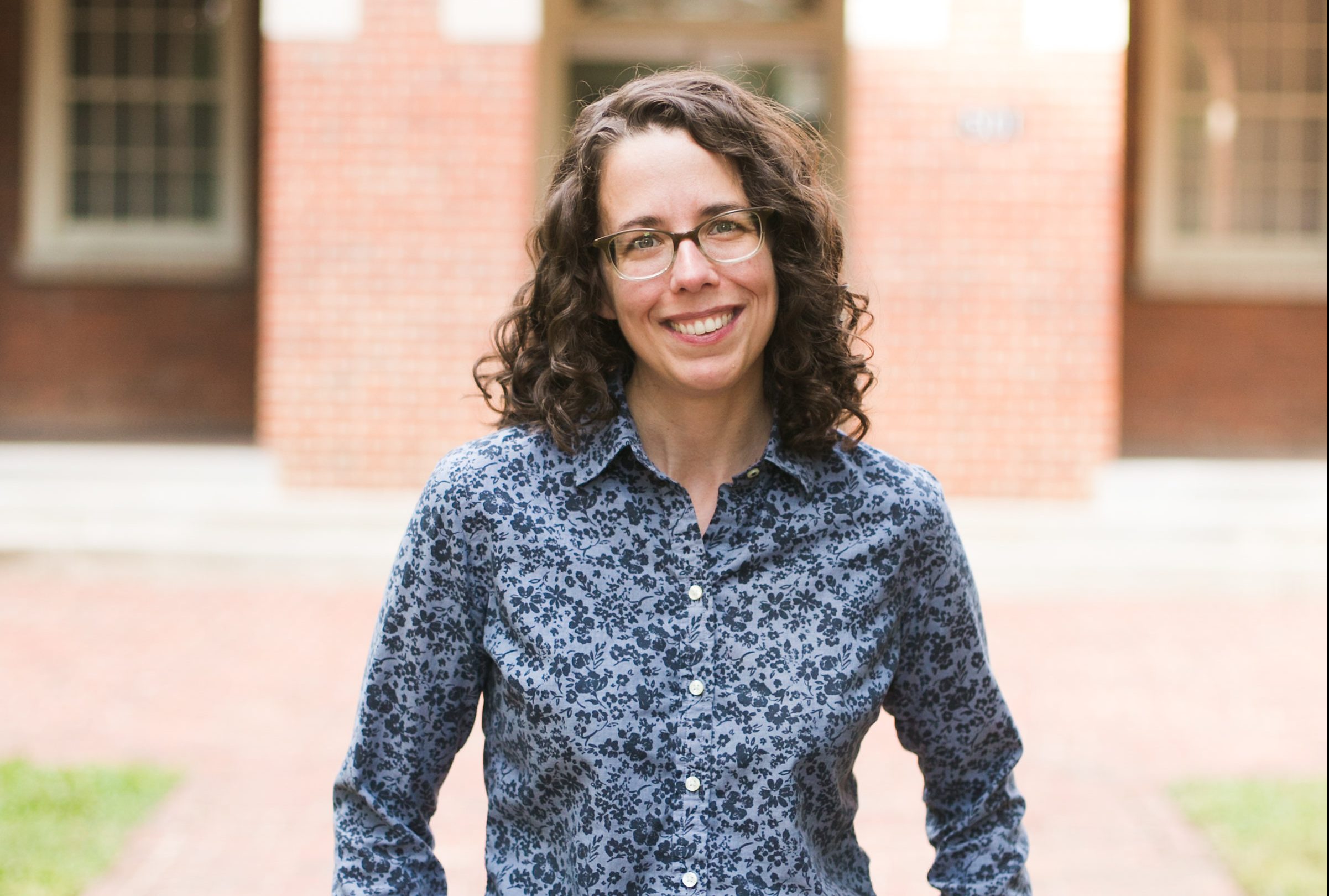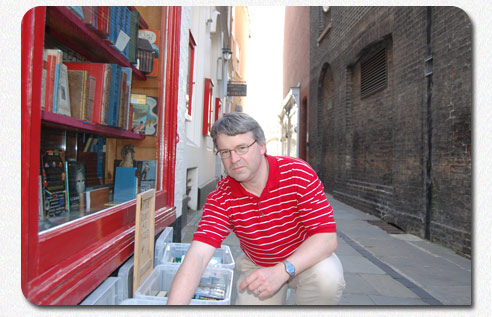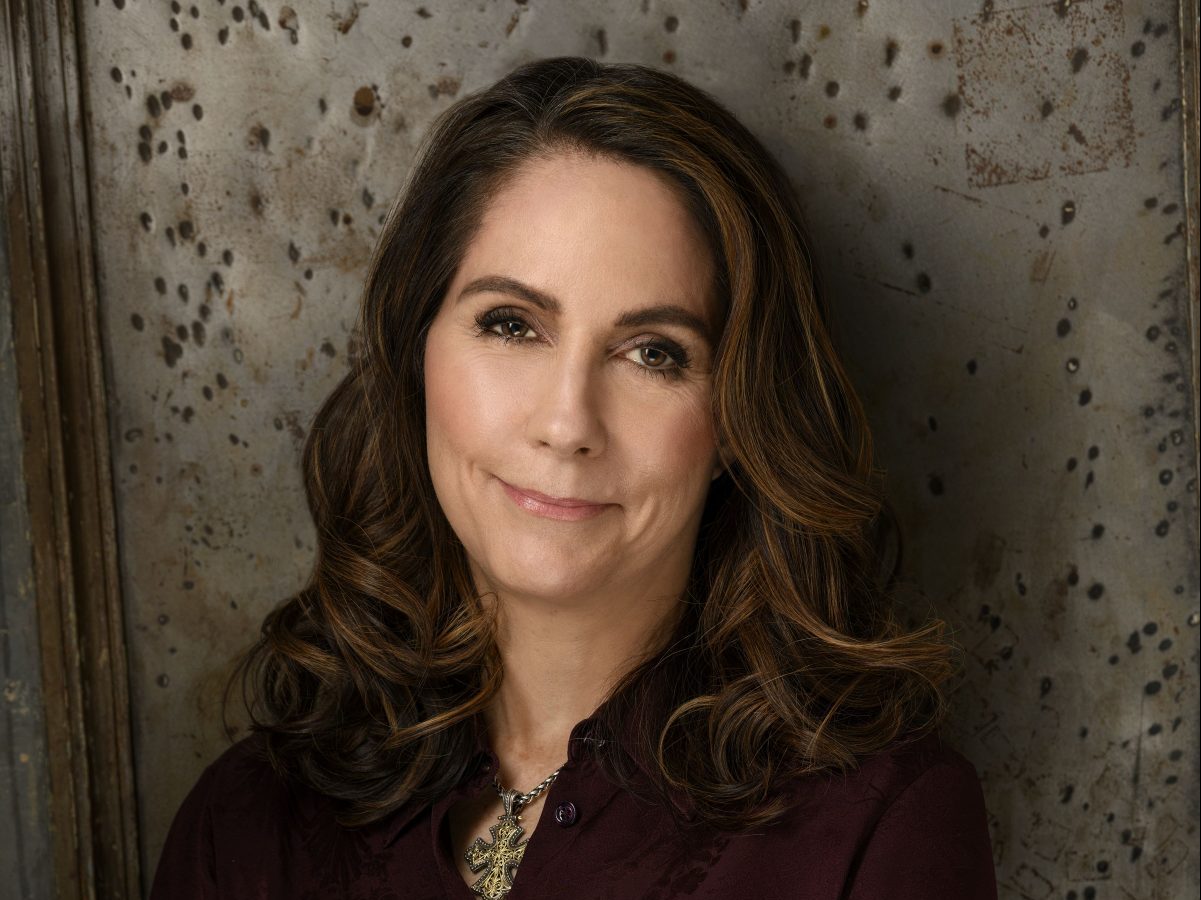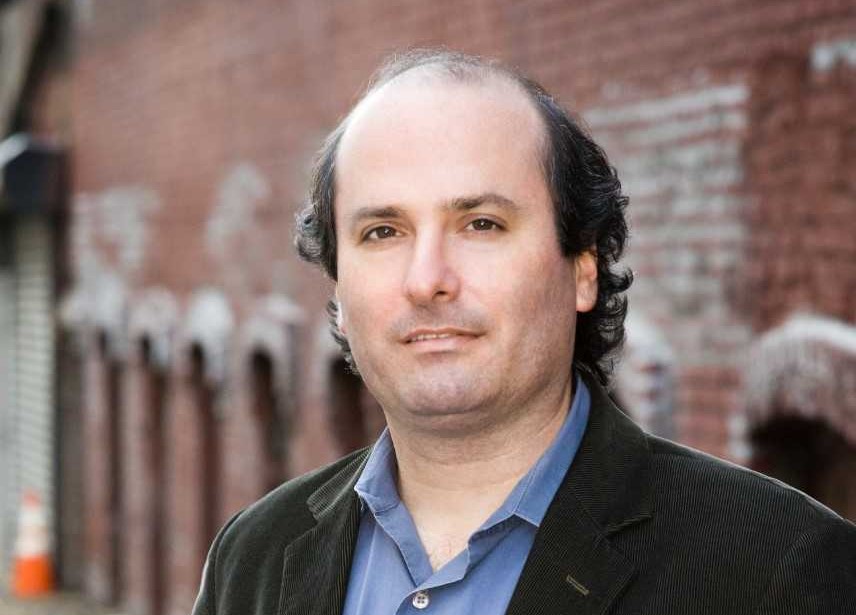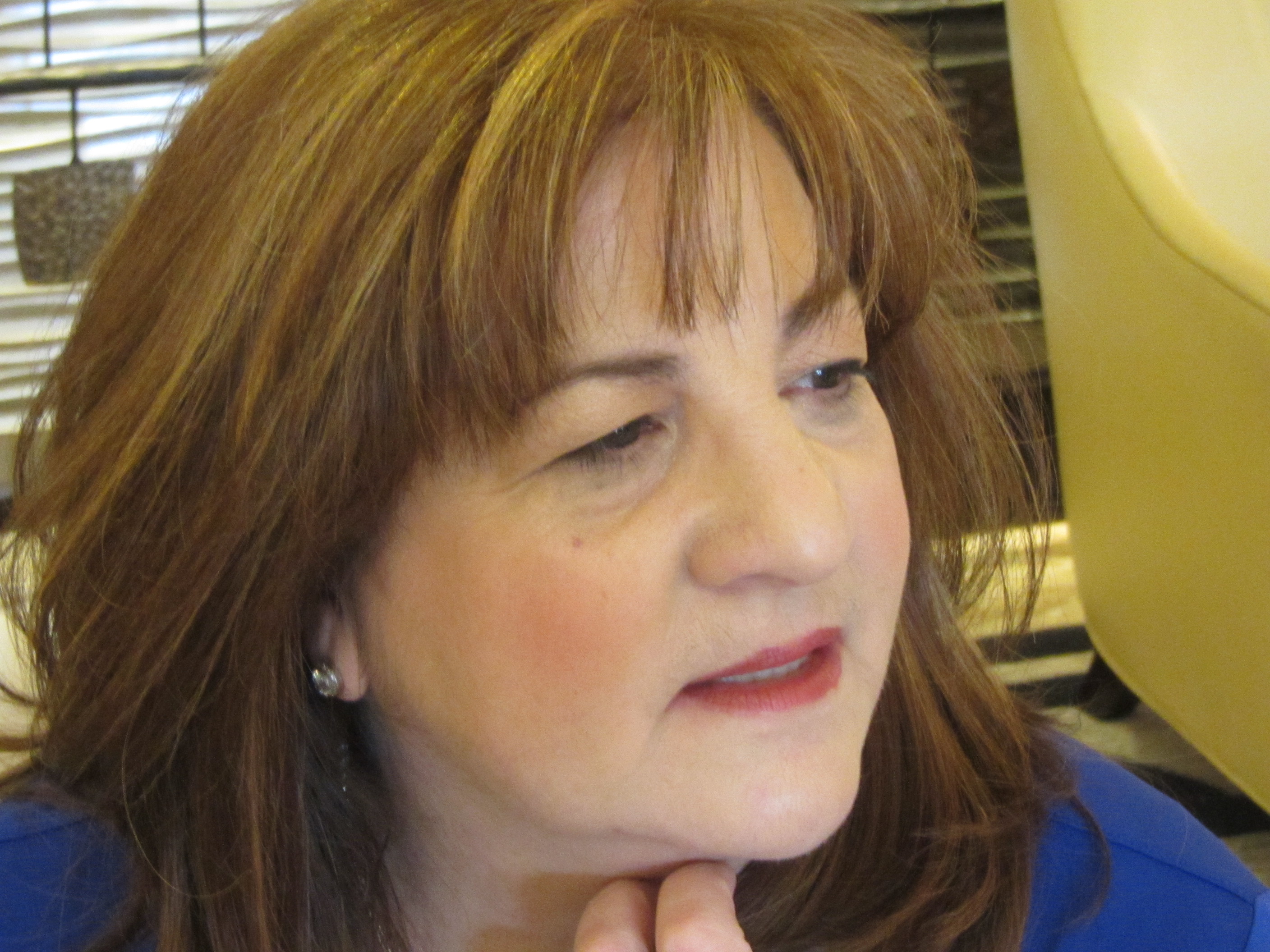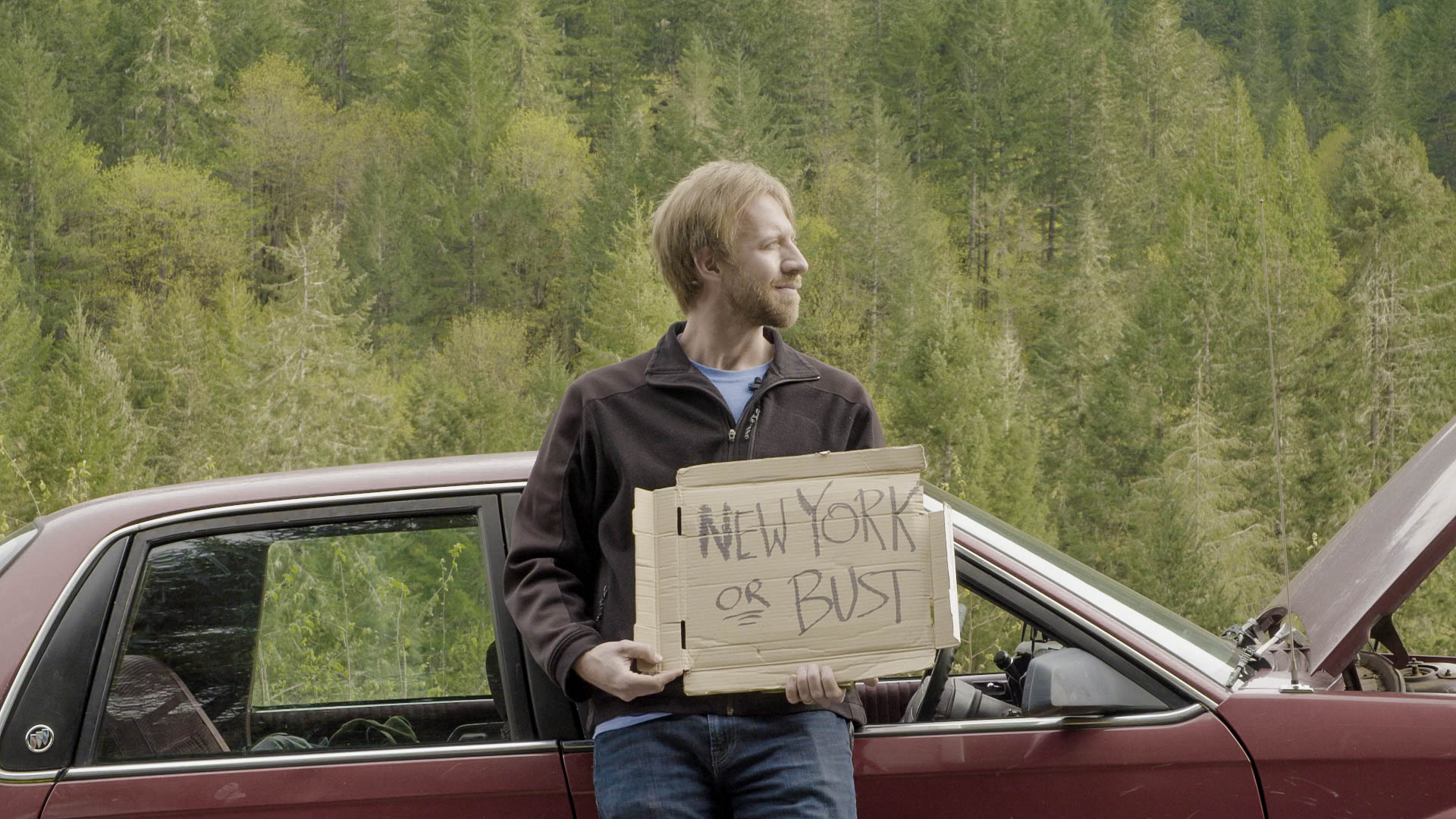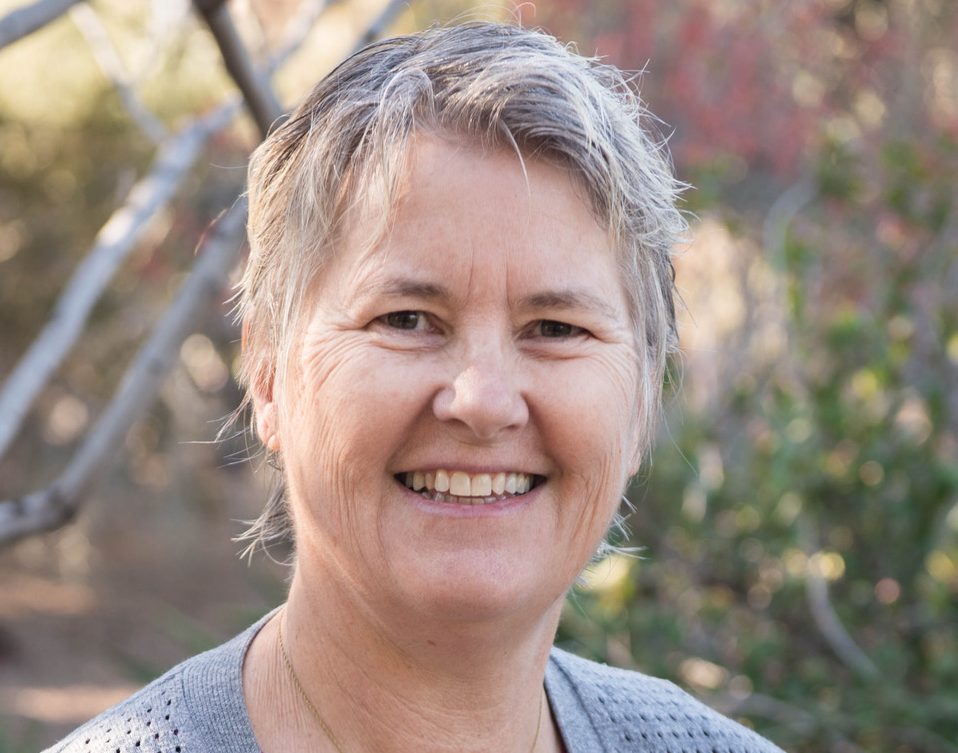
By Brendan O’Meara
Tweetable by Rebecca Fish Ewan (@rfishewan on Instagram):
“I couldn’t, as an adult, get past the story of how her life ended. And I wanted to tell the story of she lived.”
It’s The Creative Nonfiction Podcast, the show where I speak to the best artists about telling true stories.
For Episode 106, I welcome Rebecca Fish Ewan, author of By the Forces of Gravity (Books by Hippocampus 2018), a love story between friends that ends in tragedy told through free-verse poetry and cartoons. It’s a great reading experience and a wonderfully told story of adolescence in the 1970s Berkley. You can buy the book by visiting books.hippocampusmagazine.com or via Amazon.
In this episode we dig into:
- How Rebecca chose to write the story in the way she did
- The power of community
- Writing from the POV of her 12-year-old-self
- And dealing with self doubt
Rebecca is @rfishewan on Instagram, her preferred social network and is @rfishewan on Facebook. Go check her out.
If you’re not subscribed, be sure to hit up Apple Podcasts, Google Play Music, and Stitcher so you get a fresh delivery every Friday. Share this with people you think will dig it. Ad let me know what you think of it, what you got out of it. I’m @BrendanOMeara and @CNFPod on Twitter and @CNFPodcast on Facebook. Pick a network, any network and let’s connect.
If you dig the show and you have a minute, please leave a review over on Apple Podcasts. If you show me evidence of your review, I will edit a piece of your writing of up to 2,000 word.
Sign up for my monthly reading list newsletter. Four books and what you might have missed from the world of the podcast. Once a month. No spam. You can’t beat that.
The Creative Nonfiction Podcast is sponsored by Hippocamp 2018. Now in its fourth year, Hippocamp is a three-day Pennsylvania writing conference that features 50+ speakers, engaging sessions in four tracks, interactive all-conference panels, author and attendee readings, social activities, networking opps, and optional, intimate pre-conference workshops. The conference takes place in lovely Lancaster, from Aug. 24 through the 26th.
Past keynotes have been Lee Gutkind, Mary Karr, Dinty W. Moore, and Jane Friedman (all have been past guests on the podcast. Whaaaat?) This year Abigail Thomas will be the featured speaker.
Visit hippocampusmagazine.com and click the “Conference” tab in the toolbar and if you enter the keyword CNFPOD at checkout you will receive a $50 discount. This offer is only good until Aug. 10 or until all those tickets are sold. There are a limited number so act now! Like RIGHT NOW.
The registration is $429 ($379 with the discount) through Aug. 10 then goes up to $449 on site. If you sign up through this portal before the conference starts, you’re actually saving $70!
Hippocamp 2018: Create. Share. Live.
